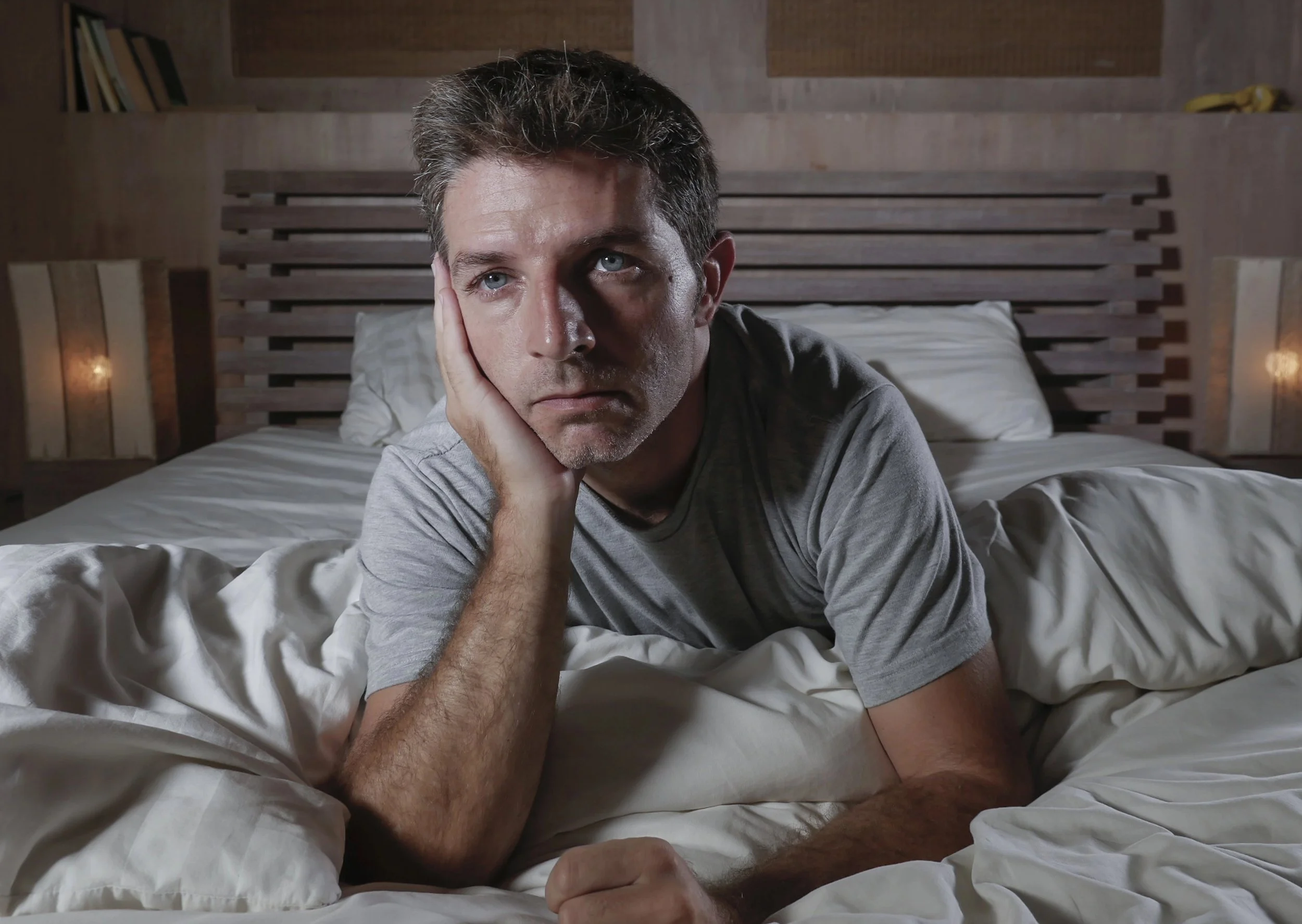Are Anxiety Disorders Genetic?
Anxiety is one of the most common mental health conditions in the world. But, experts still can’t pinpoint exactly what causes it.
They do know that there are different factors that play a role in anxiety, including environment, experiences, and even genes.
Yes, anxiety disorders can be hereditary.
That doesn’t mean you’ll automatically have anxiety if it runs in your family. But, research has shown that genetics can influence your risk of developing anxiety, and you’re more likely to experience it if someone else in your immediate family already deals with it.
Let’s take a closer look at how genetics can impact anxiety, as well as some of the other causes.
How Do Genes Impact Anxiety?
Scientists believe that people with certain genes are at a greater risk of developing anxiety. But, those genes can be turned on and off, like triggers. So, even if you’re at a greater risk because others in your family have an anxiety disorder, it doesn’t mean you’ll struggle, too.
You might have the genes, but your environment makes the difference. If your life experiences and environment don’t “turn on” those triggers, you might never have to deal with the effects of anxiety.
However, because you’re at a greater risk with certain genes, you might be more likely to experience anxiety whenever there are environmental stressors or negative life experiences. Those triggers are easy to turn on, and something that doesn’t cause fear or stress in someone else might easily cause you to feel anxious and worried.
Anxiety Doesn’t Always Look the Same
It’s important to note that genetics don’t necessarily cause you to have the same kind of anxiety as other members of your family. The condition can manifest itself in a variety of ways based on your experiences and environment.
For example, you might deal with generalized anxiety disorder (GAD), or you might have different, very specific phobias. Your anxiety over certain things might change with time, too. People worry about different things with age, so your fears as a teenager are going to be different than the ones you deal with as an adult.
Your anxiety can also be impacted by the way you’re raised. The parenting style of your caregivers can actually “teach” you anxiety. So, while you might already have internal triggers based on your genes, something like a strict parenting style might make you fearful of doing something wrong or not being perfect.
A neglectful parent might trigger a fear of being alone. You might even fear commitment because you’re worried everyone will leave.
How Your Environment Plays a Role
The situations you’re in throughout life, and the different environments you step into will ultimately be the deciding factor of whether your anxiety gets “turned on” or not. With that being said, because you might be more at risk due to your genetics, it’s important to be aware of your environment and how it affects you.
Maybe you already struggle with anxiety, and it tends to run in your family. Take a look at your life and the things that tend to cause you the most fear. What are your triggers? Maybe it’s work. Maybe it’s an unhealthy relationship. Or, maybe you also have a family history of abuse or neglect. That kind of toxicity can leave a constant uneasiness in your mind.
Whatever the case, understanding your triggers can make it easier to manage your anxiety. That’s especially helpful when you’re trying to control your symptoms and find more control.
The best thing you can do, however, is to seek out the help of a professional. If you have a family history of anxiety and you’re trying to understand how that might affect you, reach out to us to get to the root cause through anxiety therapy.
To find out more about my services, start here: Anxiety Therapy
Find support where you are: Boise Area • Salt Lake City Area • Denver Area • Connecticut
About the Author
Taylor Garff, M.Coun, LCPC, CMHC, LPC, is a licensed therapist with over 10 years of experience helping adults manage anxiety, overwhelm, and identity challenges. He is certified in HeartMath, Safe and Sound Protocol (SSP), and breathwork facilitation. Taylor is the founder of Inner Heart Therapy, where he provides online therapy across multiple states.
